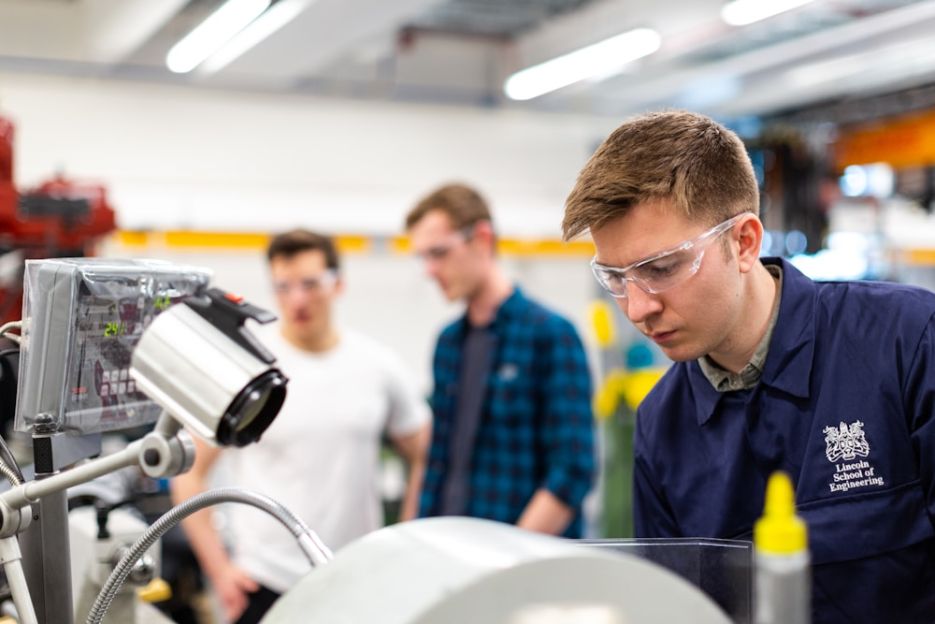
Rising inflation is squeezing businesses from all sides. The cost of raw materials, transportation, and most importantly, labor, is on the rise. To stay afloat, companies are looking for innovative ways to streamline operations and become more efficient. Enter Artificial Intelligence (AI).
One of the biggest challenges for businesses is the rising cost of labor. As the minimum wage increases and competition for talent intensifies, companies are turning to AI to automate tasks previously performed by human employees. This can range from repetitive administrative tasks like data entry and customer service inquiries to more complex functions like scheduling and inventory management.
For instance, a restaurant chain might implement an AI-powered chatbot to handle basic customer inquiries about reservations or menu options. This frees up human staff to focus on more complex tasks like preparing food or providing personalized service. Similarly, a manufacturing company might invest in AI-powered robots to automate assembly line tasks, reducing the need for human labor.
AI’s impact goes beyond simply replacing workers. Machine learning algorithms can analyze vast amounts of data to identify areas for improvement in processes and resource allocation. This can lead to significant cost savings in areas like energy consumption, supply chain management, and marketing campaigns.
For example, AI can be used to optimize energy usage in buildings or factories by learning patterns in occupancy and energy demands. In the supply chain, AI can analyze data on inventory levels, shipping routes, and supplier performance to identify bottlenecks and optimize logistics, reducing costs associated with delays and overstocking. AI-powered marketing tools can analyze customer data to personalize campaigns and target the right audience, maximizing return on investment.
However, the rise of AI doesn’t necessarily mean widespread job losses. Experts believe that AI will primarily automate repetitive tasks, freeing up human workers to focus on more creative and strategic roles, and even freelancing roles. The key lies in human-AI collaboration. Businesses can leverage AI to handle the mundane, allowing employees to focus on tasks that require critical thinking, emotional intelligence, and problem-solving skills.
Challenges and Considerations
While AI offers significant potential for businesses grappling with inflation, there are challenges to consider. The initial investment in AI technology can be significant, and businesses need to ensure they have the infrastructure and expertise to implement and maintain these systems. Additionally, ethical considerations around job displacement and potential biases within AI algorithms need to be addressed.
The Future of Work: A Symbiotic Relationship
Despite the challenges, the trend of businesses adopting AI to navigate inflationary pressures is likely to continue. As AI technology continues to evolve and become more affordable, it is poised to become a crucial tool for businesses of all sizes. The future of work may not be about humans versus machines, but rather a symbiotic relationship where AI empowers humans to be more productive and efficient, ensuring business continuity and growth even in times of economic turmoil.
